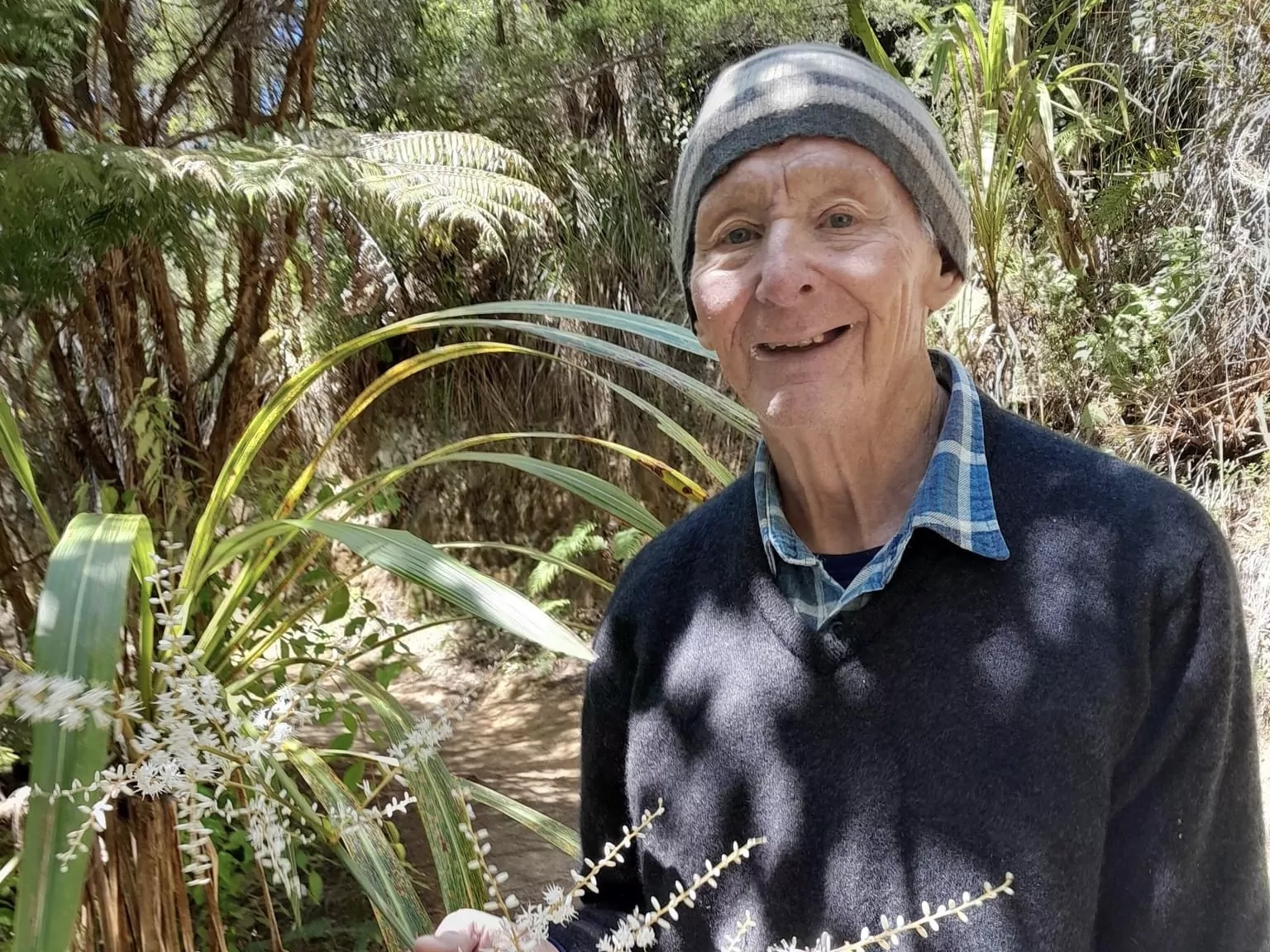Photo: Unsplash
The Government has confirmed it will meet with SPCA on the issue of life-chained and confined dogs.
The meeting comes after a five-week campaign garnering the support of more than 20,000 people sending a clear message there needed to be law change.
Since mid-July, SPCA has been raising its voice publicly on the issue of prolonged tethering and confinement of dogs around New Zealand.
Currently, the law makes it incredibly difficult for SPCA to intervene unless the dog has physical wounds, is physically suffering from lack of food, or has no access to shelter or water.
The charity garnered the support of the public with thousands of people taking action to contact Minister Meka Whaitiri, Associate Minister of Agriculture (Animal Welfare), sending a clear message that the current legislation wasn’t good enough. This follows years of work from SPCA and other animal welfare groups tackling the issue of prolonged tethering and confinement.
SPCA CEO Andrea Midgen said the indication of a meeting, while overdue, is welcomed by the entire organisation and particularly the Inspectorate team members who deal with these cases almost daily.
“We’re grateful for all the New Zealanders who added their voice to this. While we have had several conversations with MPI, we have been frustrated with a lack of clarity and communication around this issue.
SPCA hopes that new regulations, which are yet to be fully drafted, will include indicators that Inspectors can use as evidence of prolonged tethering or confinement.
These indicators would include things such as a heavily worn ground surface, or numerous holes dug into the surrounding earth, as well as behavioural or physical signs of prolonged confinement such as reports of pressure sores and fly bites, overgrown nails or muscle wastage.
The new regulations would not target dogs that are intermittently or occasionally confined or tethered, such as working farm dogs.








